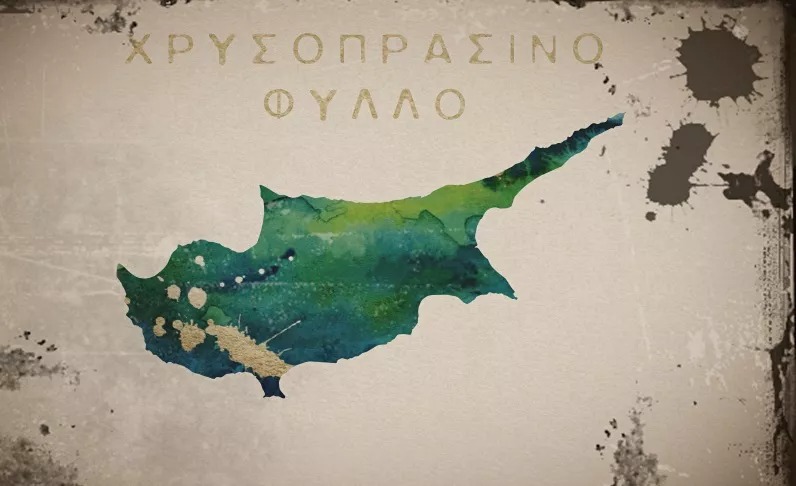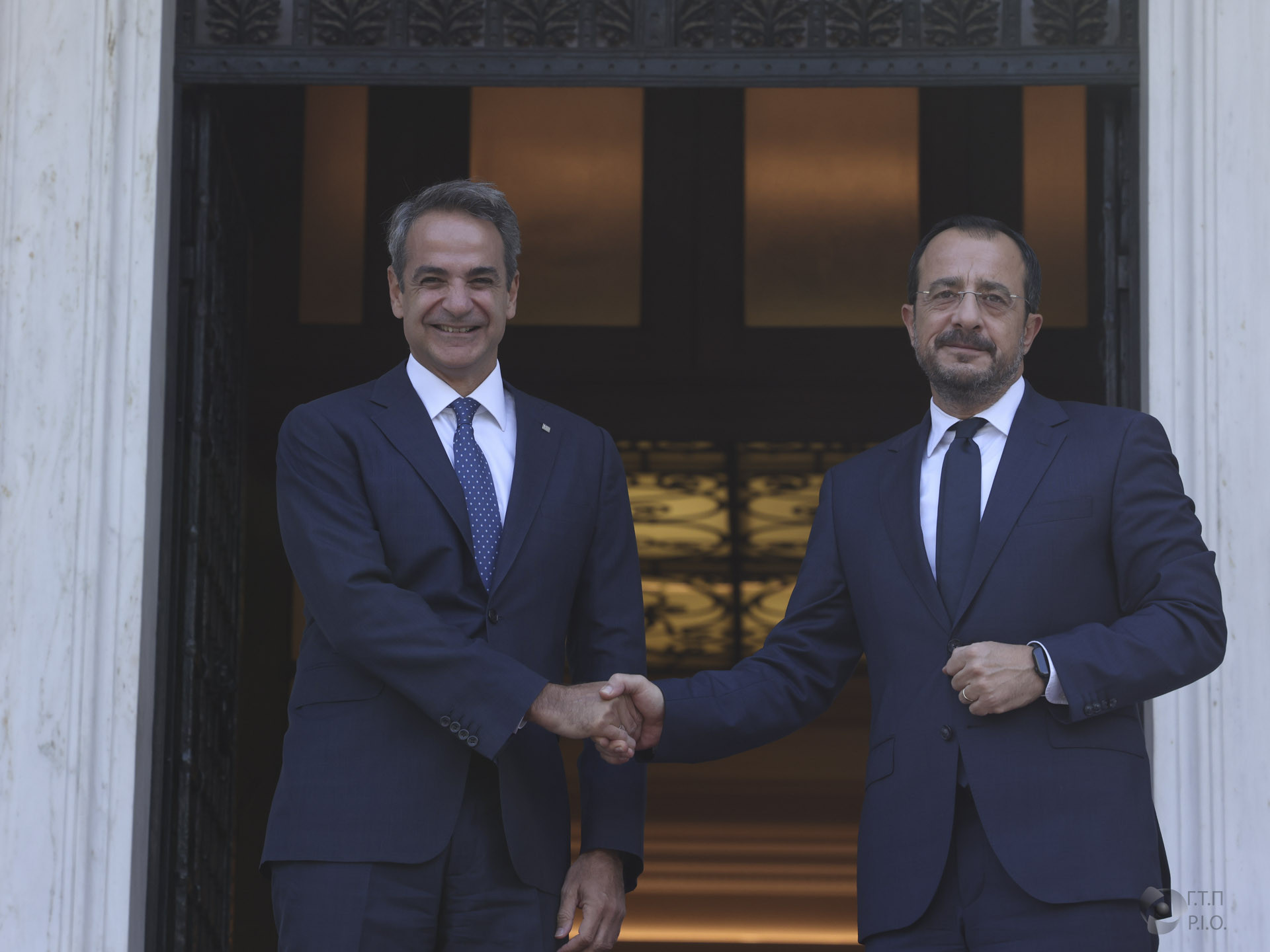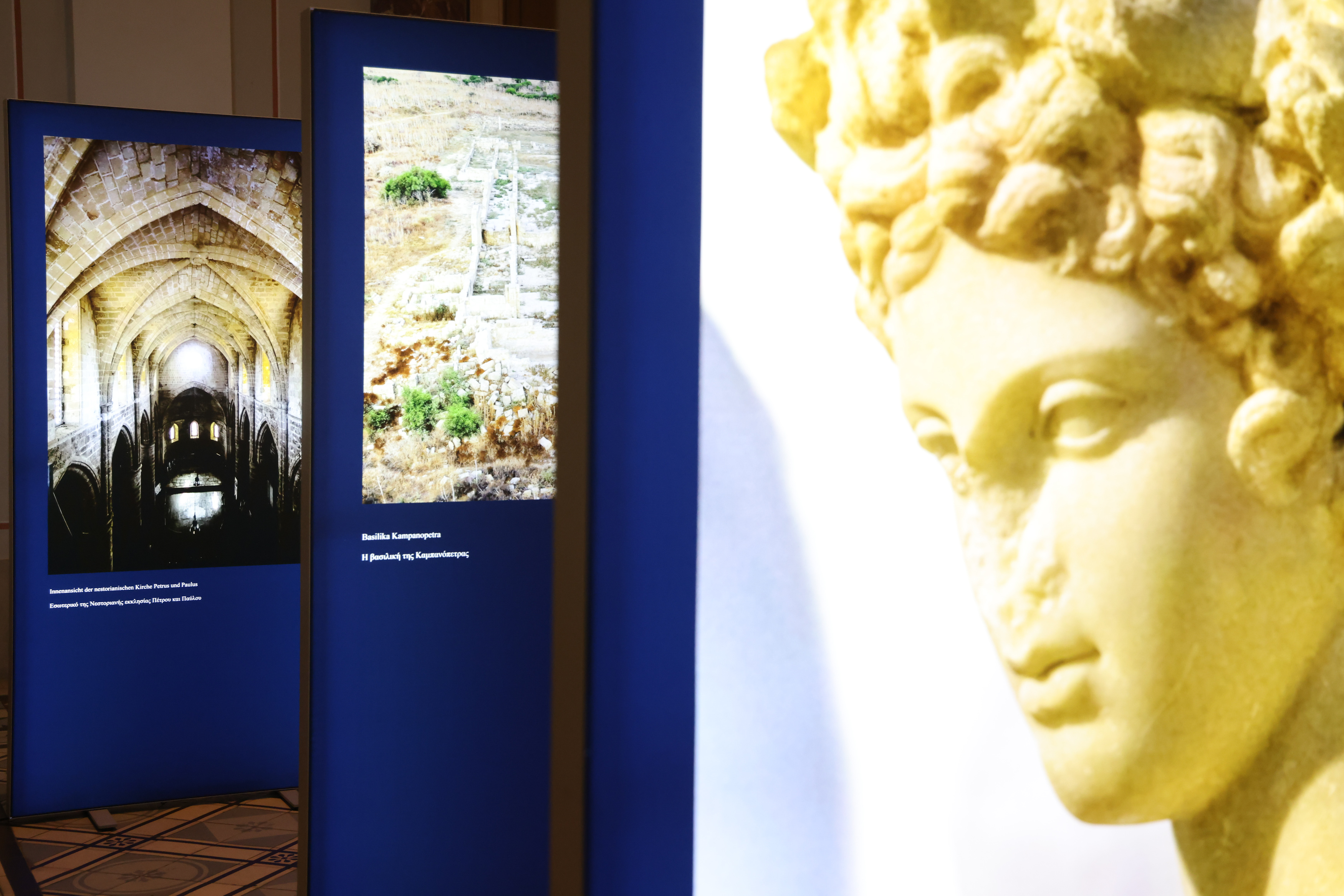Guided by delusions
Source: in-cyprus.com
On the anniversary of the Turkish invasion, a newspaper article from Nikos Sampson’s publication I Machi, dated 20 July 1974, circulated on social media with the headline “Turkey cannot invade Cyprus – Its available means are limited”.
This served as a disheartening reminder that the modern history of this island has been shaped by delusions, naivety, and the nationalist fantasies of mediocre and deficient leaders who, in some cases, spanned the political spectrum from right to left.
Indeed, given the abundance of naive assessments and predictions and their demonstrably short-sighted vision over time, one wonders how such a small island produced so many remarkable historical leaders!
I highlight the following characteristic cases—three before the invasion and only one afterwards, as I believe what was said and enacted in subsequent years fell not so much into the sphere of naivety and delusion but rather into the framework of political opportunism, party survival, and the pursuit of power.
Archbishop and Ethnarch Makarios during 1967-1968, when he felt master of the game and believed the de facto situation did not pressure him chronologically to rush towards a solution or reach an agreement, declared: “…We already have a purely Greek Government on the Island. The Turks do not participate in the Government…”. He wondered publicly, “What new Turkish generation will emerge in Cyprus when everything is in Greek hands? How long will they endure? I cannot responsibly declare that in 3-5-10 months the Turks will seek surrender, but I do not exclude such an outcome either. Their morale is very low”.
General Georgios Grivas Digenis in January 1973 displayed his leadership abilities and knowledge to businessman Evagoras Lanitis, explaining his plan: “Today Enosis is possible, provided we will it and present it to the Greek Government, which cannot refuse it. Our own effort is to seize power, to remove Makarios so that the demand for Enosis, as a demand of the entire Cypriot people, we would then submit to the UN, calling upon it to honour the signatures of its members, and to the Greek Government. No one would dare, not even Turkey, to mount a landing in Cyprus because we are claiming a just demand internationally recognised. The Cypriot people did not approve the Zurich-London Agreements, nor are they responsible for them. Meanwhile, we will organise the island’s defence, and if Turkey wishes to mount a landing, and even if Greece does not wish to assist us, Cyprus can with its own forces repel any possible Turkish landing. I doubt whether Turkey will dare to attempt such a thing, not only because it has been bluffing until now, but also because its internal situation is such that it is doubtful whether it is in a position to mobilise and face war both on the borders of mainland and insular Greece”.
Ezekias Papaioannou, the historic leader of the left (who in October 1973 clarified thoughtfully in an interview with Vima: “It was said that AKEL would only want Cyprus to unite with a socialist Greece. This is a lie. AKEL never contemplated setting such a condition […] The regime in Greece is a matter for the Greek people […] Governments in Greece come and go, but Greece is eternal, it is everlasting. And it is with Greece that Enosis will happen!”), declared in April 1974 during a speech at AKEL’s 13th Congress: “The Soviet Union, with the presence of the Soviet Fleet in the Mediterranean, constitutes the shield, not only for the Cypriot people, but also for all other peoples fighting for national independence and social progress”.
Spyros Kyprianou, the Ethnarch’s successor—a politician who claimed he conversed with Makarios by looking at his portrait on the wall and that everything he did and said was dictated by him—declared boldly in 1983, just days before the pseudo-state’s declaration, that the danger of such a declaration was not as certain as his political opponents claimed, because he had assurances from Romania’s Ceaușescu who, in turn, had assurances from a Turkish official that the Turks would not proceed with declaring a separate “state”.
In conclusion, then, one can say: “We had guardian angels!”
The original article: belongs to in-cyprus.com .



